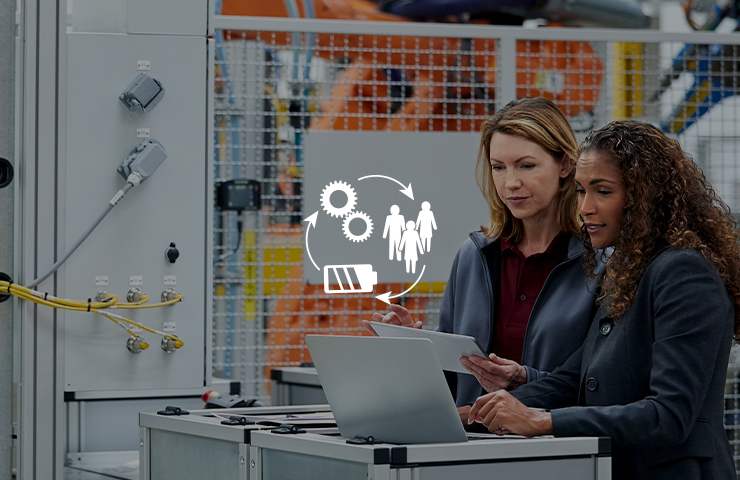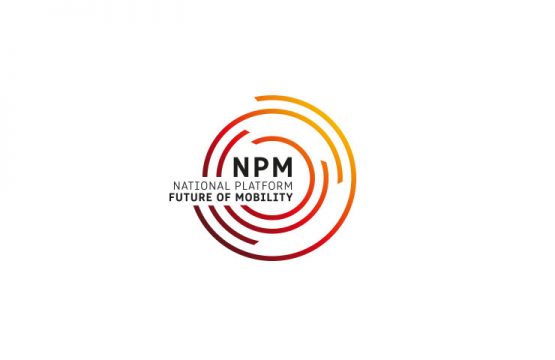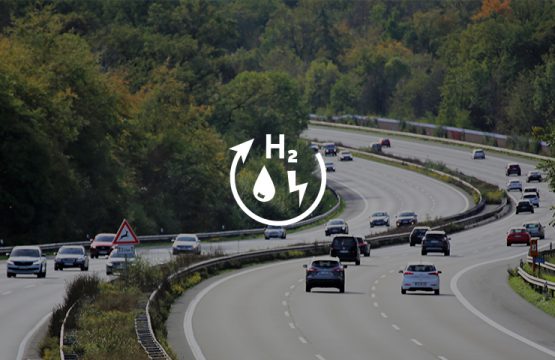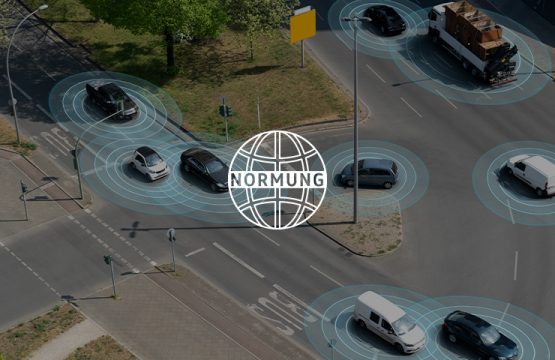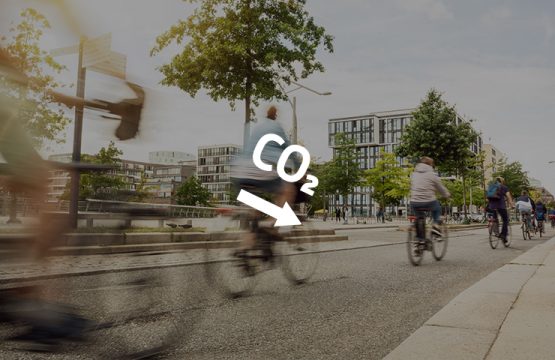The mobility revolution and the change in drive technologies have far-reaching implications for employment, prosperity, cohesion and the quality of life in Germany. The mobility economy is undergoing a fundamental transformation process that is becoming increasingly visible and tangible. There is a need for well-founded and serious analyses of the effects on existing and new value networks as well as on the dimension of job effects, the shortage of skilled workers and the need for qualifications. Today, Working Group 4 Securing the Mobility and Production Location, Battery Cell Production, Raw Materials and Recycling, Education and Qualification presents a handful of new reports explaining the extent of the mobility transformation on industrial value creation and employment in Germany and Europe.
Report: Battery Production for Germany and Europe
The report shows what battery requirements European vehicle production expects by 2030 and compares the identified requirements with current production announcements by battery manufacturers. From this, the level of investment requirements, employment potentials and necessary framework conditions for the expansion of production facilities in Europe can be derived. The new report adds a quantifying perspective to the qualitative analysis of the value network for battery cell production in Germany and Europe, which the AG has already conducted in 2019.
Report: Battery recycling market Europe: opportunity for a sustainable circular economy
With the increasing spread of electromobility, the demand for lithium-ion batteries will also rise sharply in the coming years. Among other things, this will require an accelerated build-up of battery production capacities in Germany and Europe. Accompanying, but delayed to the market ramp-up of electromobility and the development of battery production capacities, a recycling industry for lithium-ion batteries will develop in Europe. By establishing a European recycling infrastructure, dependencies on imports from abroad can be reduced and supply security in Europe can be ensured in the long term. Corresponding investments of around three billion euros (cumulative) by 2040 could leverage a value potential of five billion euros per year from 2040. Timely development of recycling capacities is therefore strongly recommended.
Report: Quantifying employment effects from power electronics and fuel cell vehicles (FCEVs)
This report examines the workforce requirements resulting from increased manufacturing of power electronics and fuel cell systems. It complements the previous qualitative examination of the power electronics and fuel cell value networks, presents different scenarios, and shows the respective calculated employment effects. In general, the scope of value creation in connection with power electronics has already been increased in recent years, but there is still further potential to be leveraged. For fuel cell systems, significant employment effects are only forecast for the period after 2030. Overall, it can be concluded that the manufacture of power electronics and fuel cell systems offers important levers for counteracting a negative impact on employment in the German automotive industry.
Report: New impetus for employment and qualification in the mobility sector
Small and medium-sized enterprises (SMEs) in particular are not yet sufficiently prepared for the foreseeable changes in the automotive industry. The use of a software tool for strategic personnel planning for SMEs and the establishment of regional competence hubs for training and further education represent approaches for actively shaping this transformation. Software tools specifically for SMEs in the automotive sector can enable companies to understand their future personnel requirements and derive targeted personnel and qualification measures to safeguard their competitiveness. In this context, the cross-industry tool PYHTIA has been further developed into PYTHIA Automotive and is available for SMEs to download free of charge. More information and download of PYTHIA Automotive at: https://personal-pythia.de/pythia-automotive/. In addition, companies, chambers of industry and commerce, educational institutions, trade unions and the Federal Employment Agency have recently been able to network with each other in regional competence hubs and coordinate their continuing education activities. This approach has been tested in three federal states since the beginning of 2020 and is to be extended to other federal states in the future.
Impulse report 2018-2021 (final report)
The Impulse Report summarizes the results and recommendations for action of WG 4 over the past three years. In order to be prepared as an industrial and employment location for the mobility of the future, it is necessary to build resilient, demand-securing and innovative value creation cycles in Germany. In addition, employment, which is undergoing change, must be recognized and proactively shaped. Structural and employment change can only be managed through a holistic approach and in cooperation with the stakeholders.
All reports are available for download at www.plattform-zukunft-mobilitaet.de/berichte/.
About the NPM – National Platform Future of Mobility
The National Platform Future of Mobility brings together experts from politics, the private sector, associations, research institutions and NGOs to develop concepts for sustainable, environmentally and climate-friendly, affordable and competitive mobility in Germany. Chaired by Prof. Dr. Henning Kagermann, six working groups develop technology-neutral, cross-modal recommendations for action for policymakers, industry and society.
Contact:
Alexandra Huß
Communications Officer
Office of the Chairman of the National Platform for the Future of Mobility
huss@acatech.de
+49 (0)30 / 206 30 96 86
+49 (0)160 / 714 93 25
